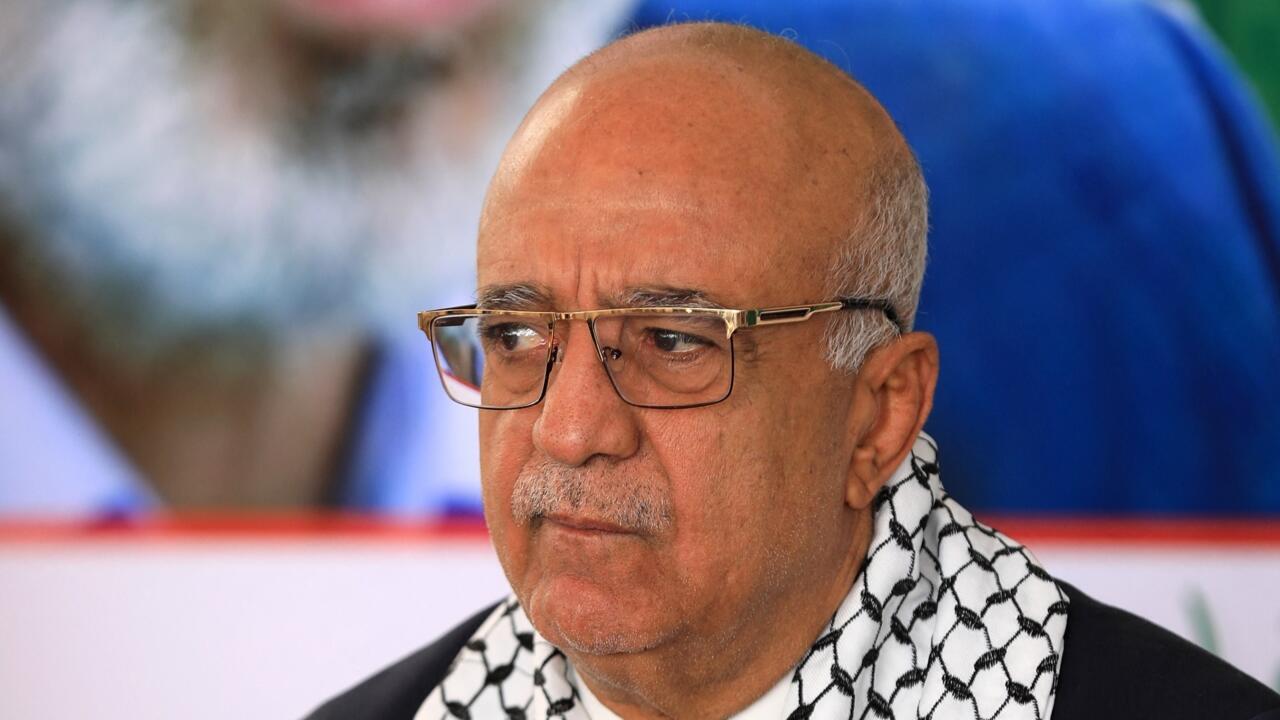
Garage Doors and Parts – Houthi leadership in Yemen faced a devastating blow after the announcement of the death of Prime Minister Ahmed Ghaleb Nasser Al Rahawi in an Israeli airstrike. The incident marked one of the most significant escalations in recent months, sparking anger, vows of retaliation, and concerns of further instability across the region. Israel confirmed the strike that claimed Rahawi’s life, stating that the attack targeted key military facilities operated by the Houthi group. The killing of Rahawi, who only assumed his position last year, has intensified questions about the trajectory of the Yemen conflict and the broader Middle Eastern crisis. As international observers watch closely, the news has heightened fears of reprisals that could extend well beyond Yemen’s borders.
The death of Ahmed Ghaleb Nasser Al Rahawi underscores how the conflict has reached new levels of confrontation. The Houthi group, backed by Iran, has repeatedly launched drone and missile attacks on Israel since the outbreak of the Gaza war in October 2023. Israel’s retaliation through continued airstrikes has been a direct response to those aggressive campaigns. The Houthi Prime Minister’s death is viewed by Israel as a necessary step to weaken the group’s command structure, while for Houthi forces it represents martyrdom and a call to arms. The group quickly vowed to avenge Rahawi’s killing, raising the stakes for a possible cycle of violence that could intensify regional instability. The incident also highlights the increasingly global nature of local conflicts, where actions in Yemen resonate across the Middle East.
“Read about: The Perfect Match! Discover What Garage Door Color Makes a White House Instantly Pop”
The Houthi political wing responded with fiery rhetoric after Rahawi’s death. In a statement, the group declared Rahawi and his ministers as martyrs killed by what they described as the criminal enemy. Mehdi al Mashat, head of the Houthi supreme political council, promised revenge against Israel, framing it as both a religious and national duty. He addressed the Yemeni people, calling for unity and warning foreign companies to leave Israel immediately. Rahawi, a figure from the southern province of Abyan, was the most senior official to be killed in recent strikes. His leadership role, traditionally reserved for southerners to build support, made his position symbolically important. The vacuum left behind is expected to reshape the group’s strategies as Mohammed Ahmed Miftah steps in as interim Prime Minister following Rahawi’s death.
The killing of the Houthi Prime Minister has far reaching implications beyond Yemen. For Israel, the airstrike was a calculated move to deter continued Houthi attacks and to display strength amid multiple fronts of conflict. For Iran, which provides support to the Houthi group, Rahawi’s death represents another pressure point in its broader confrontation with Israel and its allies. International observers fear the escalation could push Yemen further into turmoil, exacerbating humanitarian crises already present in the war torn nation. Neighboring countries also watch with concern as shipping lanes and regional trade face greater threats from instability. The attack comes at a time when global attention remains divided between Ukraine, Gaza, and other hotspots, increasing the complexity of diplomatic efforts to contain the violence.
“Read more: Athenz Reveals the 6 Strongest Greek Gods That Shocked Mythology Fans”
The death of Ahmed Ghaleb Nasser Al Rahawi leaves a dangerous gap in Yemen’s fragile political landscape. His appointment last year was part of an effort by the Houthi movement to balance internal factions, particularly with southern Yemen. With Rahawi gone, the group faces both a leadership crisis and a potential loss of legitimacy among southern supporters. Mohammed Ahmed Miftah’s appointment as interim Prime Minister aims to stabilize the government, but questions remain about his ability to lead during escalating conflict. For ordinary Yemenis, Rahawi’s death only adds to the daily struggles of living under war, with continued airstrikes, economic collapse, and limited access to essential services. The event also reinforces the perception that Yemen remains trapped as a battleground for larger regional power struggles, with civilians bearing the heaviest burdens.
This website uses cookies.